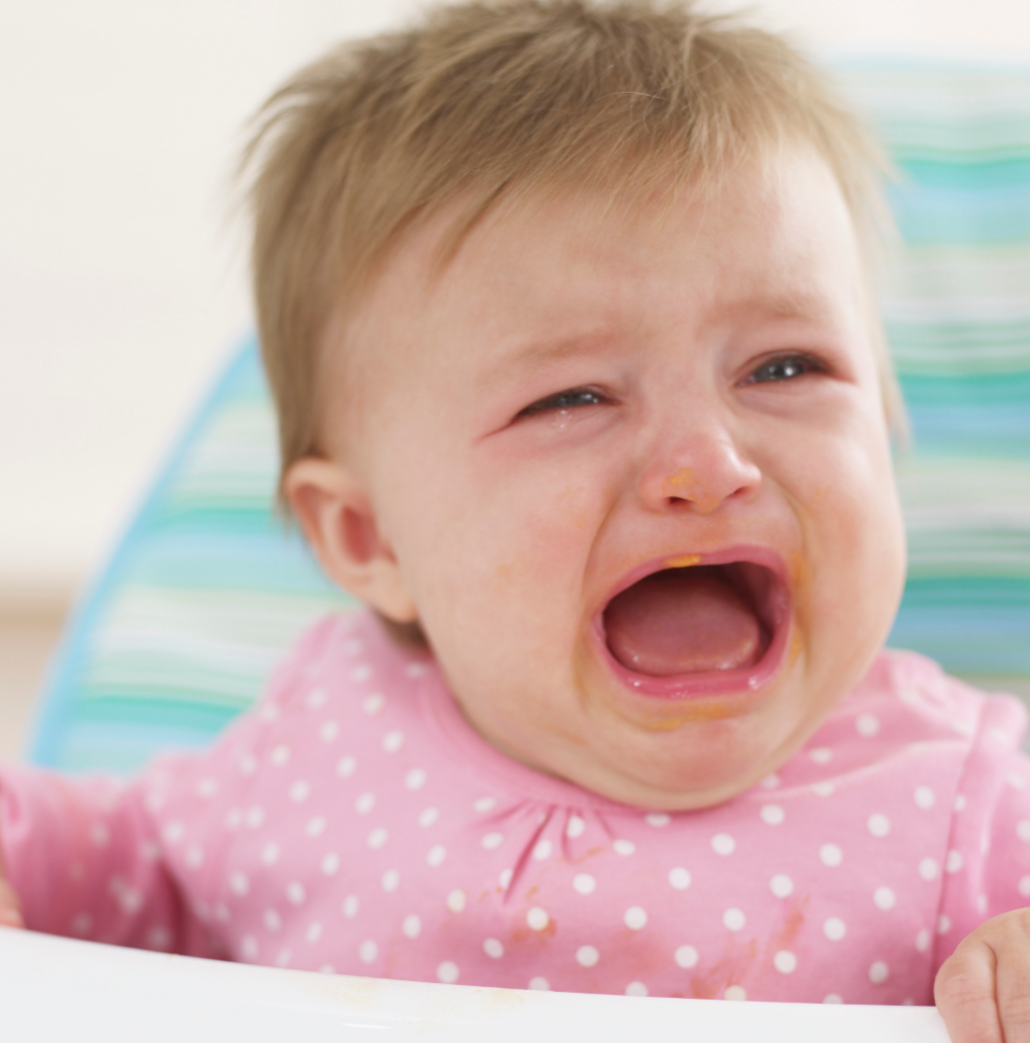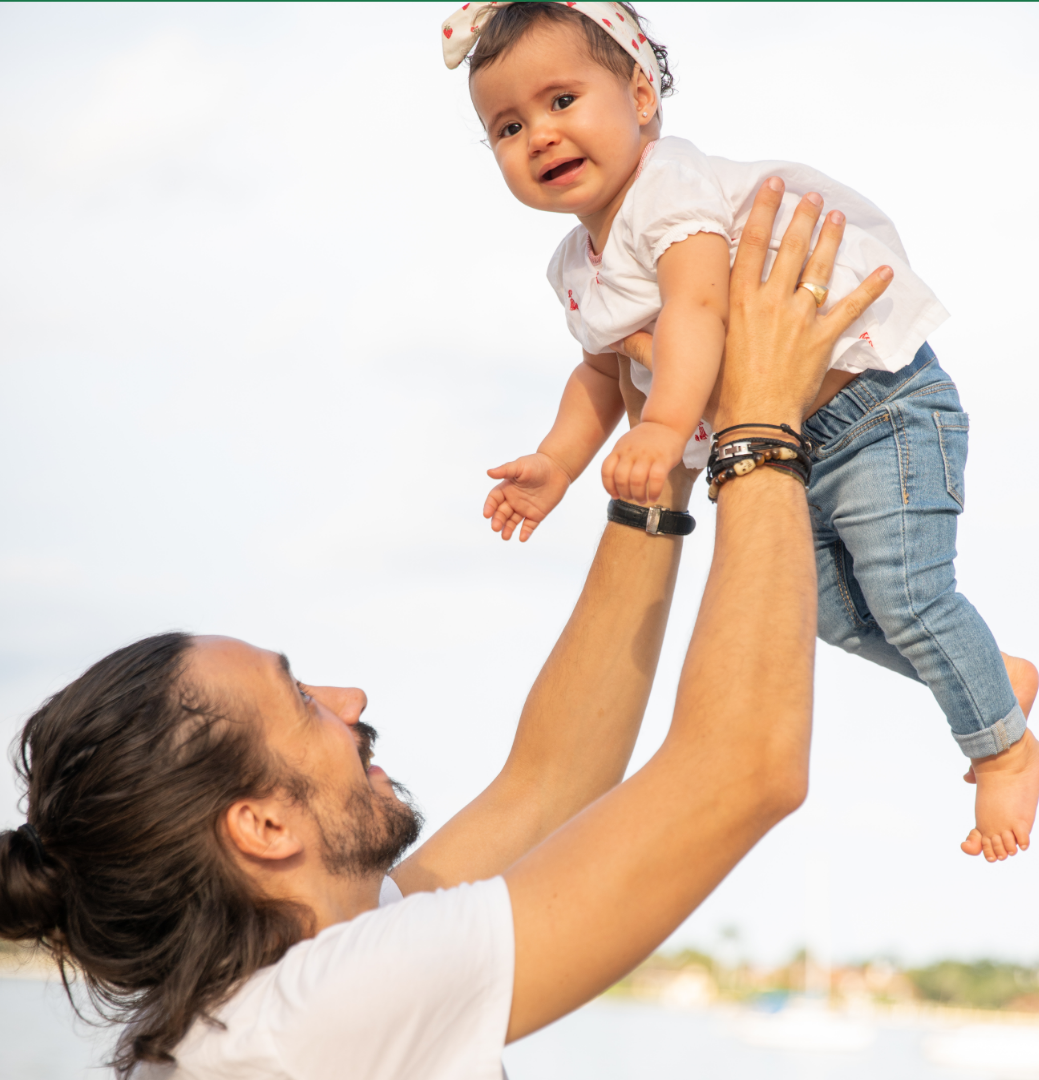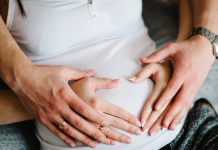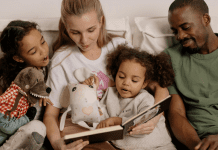Imagine jumping out of a plane and plummeting down to our beloved Mother Earth.
Your physical body is free falling, but your mind reached the elusive state of flow. A higher level of consciousness where all you can feel is a state of blissful love as you observe the graceful beauty of our Planet. In a split second however, you realize that your parachute has a glitch. It won’t open. The passing of time continues to unfold, right before your eyes.
Chaotic, stressful and threatening situations can alter emotional states and can cause people to react in uncharacteristic and unexpected ways.
Parents and caretakers of infants can experience episodes of frustration that could lead to shaking a baby abruptly in order to stop their inconsolable crying. Usually, the caregiver behaves in an unprecedented manner due to an episode of emotional restlessness. During the distress, the irreversible damages that could be afflicted on the infant are not taken into consideration. However, small episodes of dense emotional bursts, can be incredibly detrimental to the infant’s health, affecting not just their physical body, but also their mental health in the future.

Shaking an infant at an attempt to stop hers/his tears, playing with her/him roughly, picking her/him up and letting her/him fall like a ball, or flipping her/him upside down, can lead to severe and irreversible brain trauma, and in some unfortunate cases, death.
When you hold a baby by the shoulders and shake their body, their head will abruptly move back and forth. The blood vessels leading to the brain can suffer a rupture or stretch. These sudden movements create damage to brain tissue, of the developing child. The baby’s neck is in the process of strengthening; therefore, at birth, their muscles are weak.
Let’s compare a baby’s brain and gelatin through a figure of speech. Imagine the cerebral system of an infant as gelatin in the process of coagulation. The gelatin is not yet a solid. Consequently, moving it abruptly would result in all sorts of zigzag lines, altering its original state. Something very similar occurs when a baby’s head is shaken.
“Shaken Baby Syndrome” is also called “Abusive Head Trauma.”
The conundrum also encompasses numerous other actions such as violent games that can generate brain injuries. Altercations of this nature are considered child abuse. These events are one of the main causes of death by violence in children below the age of 1. According to reported cases, nearly one in four babies, younger than 1 year old, died from their injuries.
Compared to accidental traumatic brain injury, bruises from shaking a baby can have more devastating consequences. Most babies who survive these sudden movements have some form of neurological or mental disability, such as cerebral palsy or cognitive decline, which may not be completely evident before the age of 6. Unfortunately, children with shaken baby syndrome suffer trauma, which may require chronic medical attention.
Abusive head trauma often causes life-long injuries to the brain.
These injuries include:
- Paralysis and brain damage
- Damage to the retina of the eye that can cause blindness
- Seizures
- Learning difficulties
- Behavioral disorders & anxiety
- Developmental inhibition
- Neurolinguistics’ problems
- Mental and physical health problems, among others
Below I provide 8 scientifically proven techniques for effectively managing baby tears and preventing brain injuries.
1. Inform everyone close to the baby about the consequences of shaking a baby. This includes, but is not limited to older siblings, grandparents, relatives, and educators.
2. Support the baby’s head and neck with your hands while holding the baby.
3. Try to calm the baby by cuddling, hugging, showing them love and understanding.
4. Check to see if the baby cries due to some sort of pain, because he/she is hungry, sleepy, or because needs a diaper change.
5. If you become frustrated with a child’s cry, put the child in a safe place and walk away momentarily.
6. Ask a family member, neighbor or friend for help while you regain your ability to care for your child.
7. Breathe deeply and slowly, several times, until you calm yourself down.
8. Listen to relaxing music and prepare a cup of tea, or non-alcoholic drink that you enjoy.
Shaking a baby, far from changing their behavior, can cause irreversible damage. When playing roughly, even if the child laughs loudly and apparently screams, “with excitement,” what he/she is feeling could be panic and NOT pleasure.

PLEASE! NEVER SHAKE A CHILD ??
Let’s be proactive! Not only do doctors save lives, you and I can too. By taking an active role in ensuring our children are healthy and safe, by helping a friend during stressful situations and by sharing this information. For more information, you can also refer to the precautions provided by the American Association of Pediatrics, for parents.
As a mom and educational consultant, I understand that the physical and psychological safety of our family is a priority. Therefore, it’s important for us to understand the subtle ways in which our lifestyle can lead us to experience feelings of stress, that we unintentionally, transmit these dense emotions to our children without meaning to do so.
Dear mommies, you are not alone. We are here at Miami Moms Blog, to support each other. We would love to hear from you. What are your secrets to calm down when you are stressed? Please share these or any other insightful message in the comments below to support other mommies.
With love and gratitude,
Marielena
















